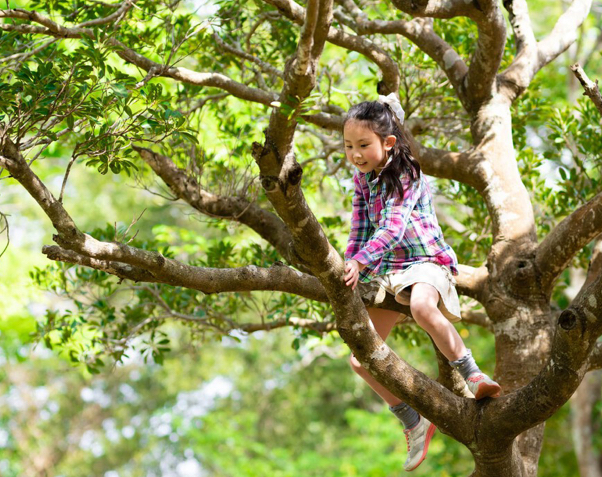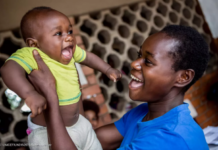At The Washington Post, Caitlin Gibson interviewed researchers David Lancy and Peter Gray on their recent article (featured in Mad in America by Liam Gehrig Bach) emphasizing the benefits of independent play for children and the mental-health downsides to restricting their freedoms:
“For years, Peter Gray, a research professor of psychology and neuroscience at Boston College, has been closely following two disturbing trends: the dwindling of independent activity and play afforded to children over the past half-century, and the accelerating rise in mental health disorders and suicides among youth during that same period. . . .
The landscape of childhood has transformed in ways that are profoundly affecting the way children develop — by limiting their ability to play independently, to roam beyond the supervision of adults, to learn from peers, and to build resilience and confidence.
Gray presented this argument as the lead author of a commentary published in the September issue of the Journal of Pediatrics, co-written by David Lancy, an anthropologist and professor emeritus at Utah State University, and David Bjorklund, a professor of psychology at Florida Atlantic University. . . .
Q: How did you come to focus on the decline of independent activity as a potential primary factor in the mental health crisis among children?
David Lancy: All three of us have been struck by the shrinkage in the amount of time children may spend on their own, the territory they may explore and discover on their own, the peers that they may associate with. In the United States and in Europe, you can see this shrinkage occurring, and it’s very well-documented.
Peter Gray: I began to look at research, which showed and documented that beginning as early as the 1960s until now, there has been a continuous, gradual but huge increase in anxiety, depression, and, most tragically, suicide among school-aged children and teens. Over that period of time, children have also been less and less free to do the things that make them happy and build the kind of character traits — of confidence, of internal locus of control, of agency — that allow them to feel like ‘the world is not too scary, because I can handle what life throws at me.’ This kind of attitude requires independent activity to develop, and we have been offering less and less of that activity.
Q: Why do you think this factor has generally been overlooked or under-researched?
David Bjorklund: We are focused on schooling so much and on safety so much, and not inappropriately so, but we’ve sort of gotten carried away. Children’s psychological well-being is really based on normal development, and we’ve been restricting it. . . . These changes to our behavior happen gradually. We just don’t recognize that this could be part of the problem.”
***
More from Around the Web
More from Mad in the Family















